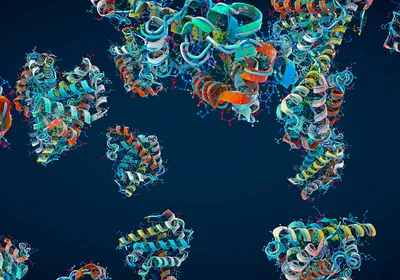New England Biolabs (NEB®) today announced the launch of NEBNext® Enzymatic Methyl-seq (EM-seq™), an enzyme-based alternative to bisulfite sequencing for methylation analysis.
Bisulfite treatment has long been the gold standard for methylome analysis, specifically the identification of 5mC and 5hmC. However, this harsh chemical treatment damages DNA, resulting in DNA fragmentation and loss. Sensitivity of detection and confidence in results are also reduced by the bias introduced, including in GC coverage and over-representation of methylated regions.
In response to the need for an alternative, NEB has developed NEBNext EM-seq, a conversion method that utilizes enzymatic treatment and minimizes damage to DNA. When combined with the supplied NEBNext Ultra™ II DNA Library Prep reagents, EM-seq produces high-quality libraries for next generation sequencing that enable superior detection of 5mC and 5hmC from fewer sequencing reads. Additionally, the EM-seq method results in the same sequence conversion as whole genome bisulfite sequencing (WGBS), and ...

















